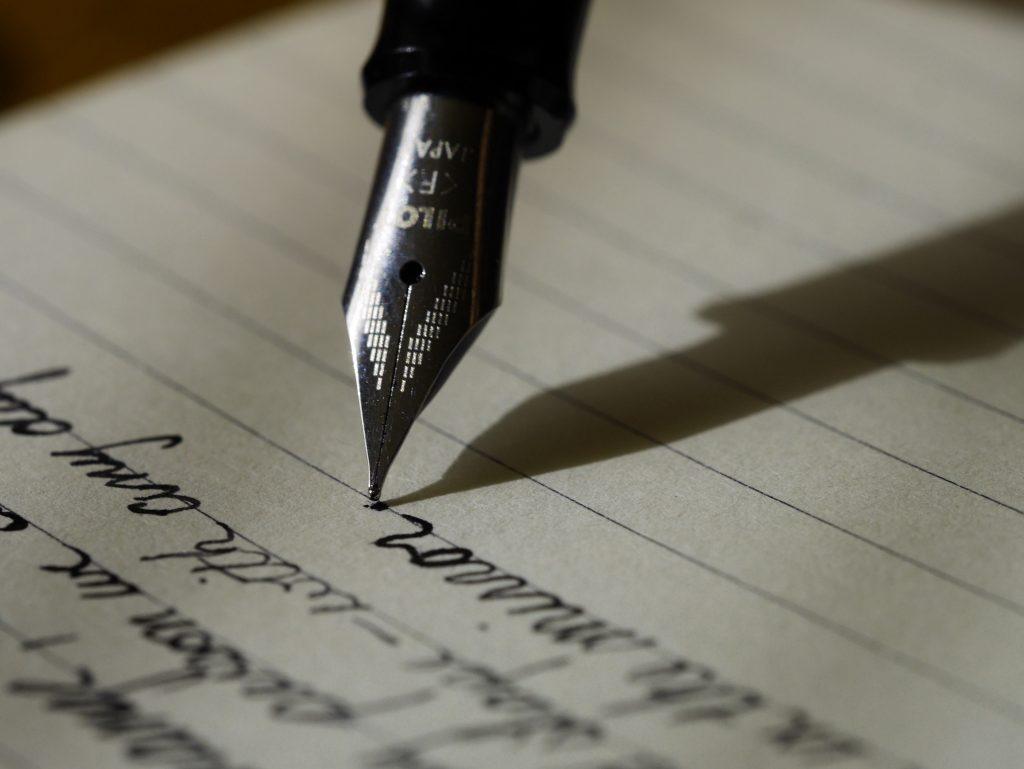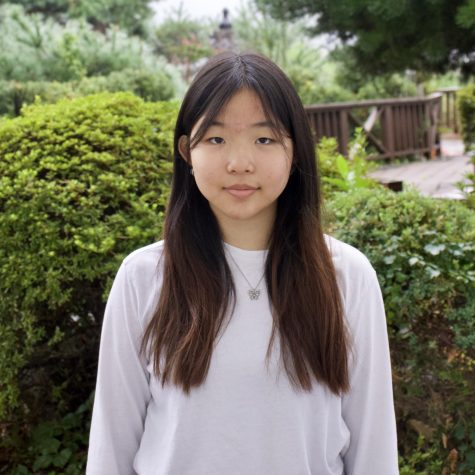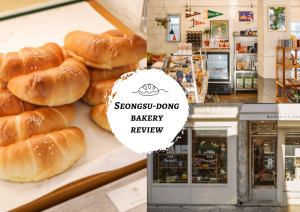Editorial: Being a creative: our duty to beauty
Mar 22, 2022
Why is it that only tragedy is recognized as true art in writing? As a writer, I have found myself grappling frequently with this question.
American author Ursula K. Le Guin points out in her narrative “The Ones Who Walk Away from Omelas” that “the trouble is that we have a bad habit, encouraged by pedants and sophisticates, of considering happiness as something rather stupid. Only pain is intellectual, only evil interesting.”
As such, the ideas of happiness and love are so often patronized in the realm of creatives. Teenage girls who read romance novels are “silly.” Films with pleasant endings are “clichéd.” Even I find myself writing about heartbreak and betrayal rather than the charm of everyday life. It is this mistaken understanding that joy is not academic enough, not symbolic enough, and not artistic enough that sucks all the raw beauty out of any expression of the self.
As a young child, books escorted me to fictional dimensions that served as a safe haven, away from the stresses of being nagged at to clean my room or being forced to eat my broccoli. I took this and fused it with my own work. Writing meant happiness. It meant being entrenched in a world where anything and everything was possible.
Now, every time I find myself reluctantly opening the notes app on my phone to craft another long text message to a friend or jot down my thoughts on my most recent existential crisis, I face a sickening reminder that I have lost what I once had as a kid: the rich fervor, that pure, giddy feeling attributed to my art. As we age, we distance ourselves from the Little Prince residing in our minds: we lose the curious, fearless innocence we once had and replace idealism with realism. Of course, this is natural. But in the world of art, there is nothing more devastating than losing that sparkle.
Everything is negative these days: from the news to the daily conversations I have with my peers, pessimism and nihilism is constantly within reach. Hence, it is pretty much instinctive that this persevering mindset should permeate through the creative realm as well. Depressing art has existed ever since the dawn of time. Take poet Edgar Allan Poe or painter Vincent Van Gogh, for example. And everyone applauds their work, do they not?
Still, amidst all of the negativity surrounding us, it is the paramount duty of our art to take the role of capturing and preserving the youthful naive joy we all experience from time to time. Rather than setting darkness as our muse and ignoring the purity that brightens our everyday, we should strive to encompass all aspects of our organic lives through our art. Whether that be writing, like myself, or fine arts, or dance, or film-making, or anything in between, let us remember our part as an artist in adding pleasure to the world.
Today, I urge you to enjoy this following poem, one of my favorites, and take some time to reflect and revel in the small things that bring you peace. Perhaps one day, we may strip art of its expectation of tragedy and simply be content with what it really is: the essence of life, in all its pure ugliness and allure.
“The Orange” by Wendy Cope
At lunchtime I bought a huge orange—
The size of it made us all laugh.
I peeled it and shared it with Robert and Dave—
They got quarters and I had a half.And that orange, it made me so happy,
As ordinary things often do
Just lately. The shopping. A walk in the park.
This is peace and contentment. It’s new.The rest of the day was quite easy.
I did all the jobs on my list
And enjoyed them and had some time over.
I love you. I’m glad I exist.







